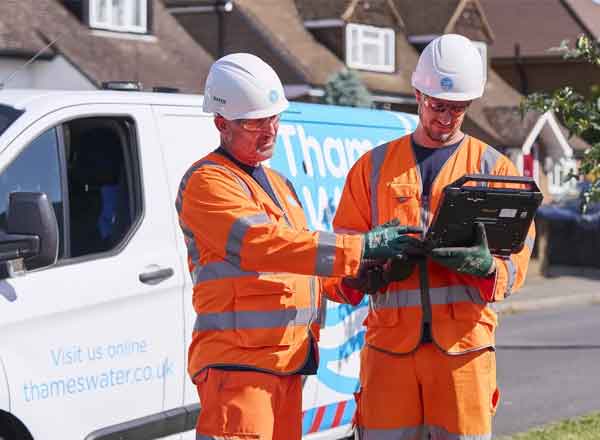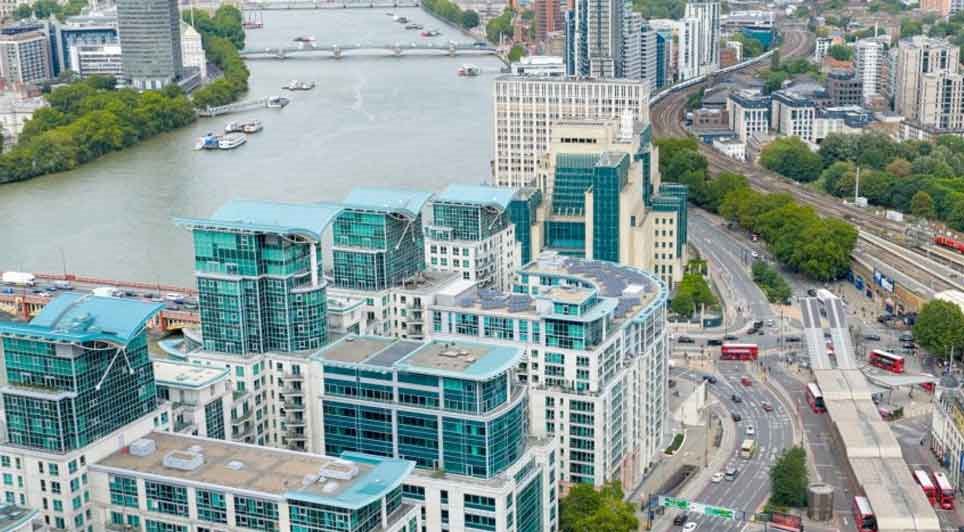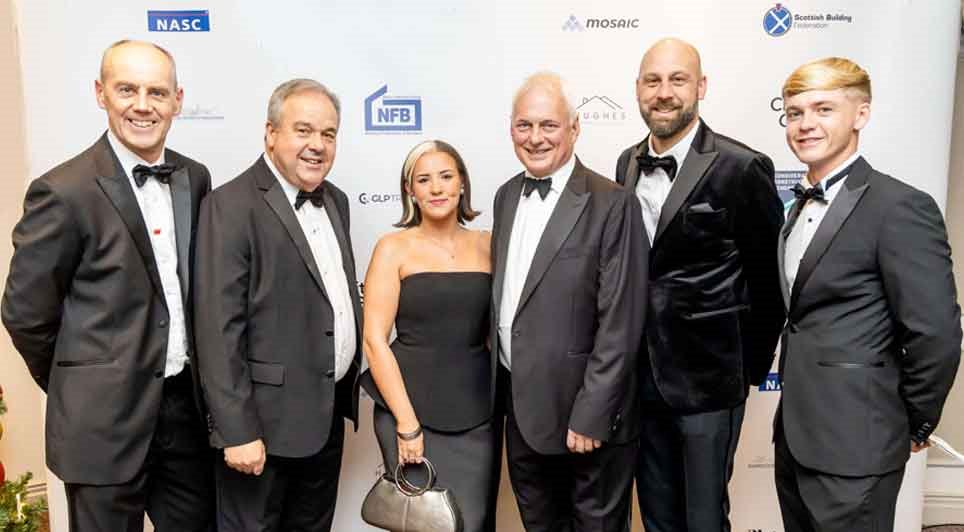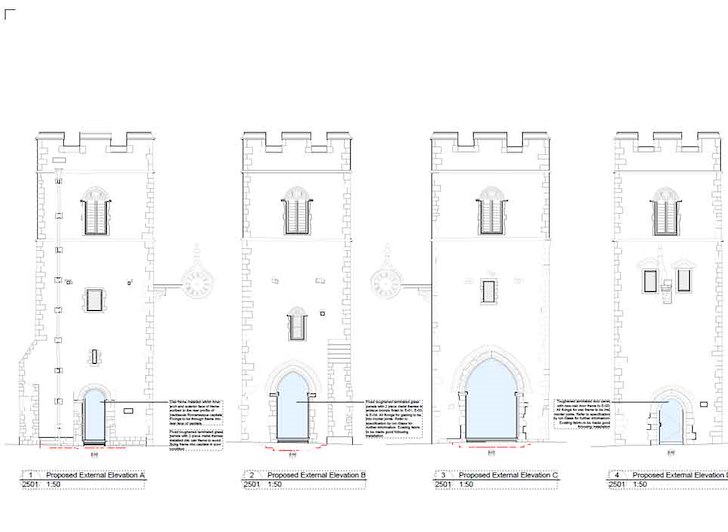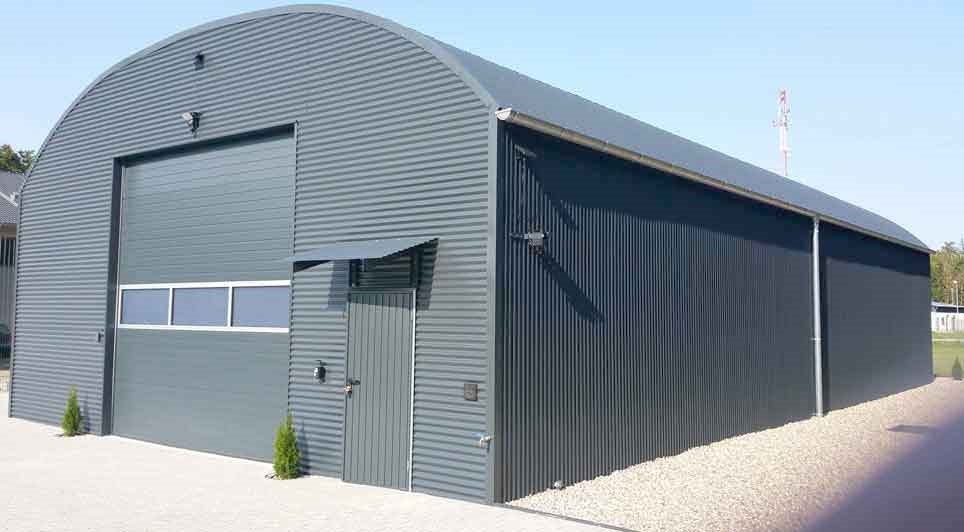Thames Water's innovative solution that would fix leaks without the need to dig trenches or disrupt residents and road users wins in Ofwat's £40 million competition.
The 'No Dig Leak Repair' project, led by Thames Water, will use the funding from the economic water regulator to examine how technologies like robotics and trenchless repair methods could help fix leaks in the future without the need to dig trenches and all the associated disruption this causes.
Additional Thames Water projects that secured funding include initiatives such as exploring the conversion of sludge into valuable products like biochar, incentivising sustainable urban drainage and expanding the use of robotic technology for inspecting and repairing rising mains.
In total, Thames Water projects received almost half (£16.9m) of the total funding that is available.
Nevil Muncaster, Engineering and Asset Director, from Thames Water stated: "We are constantly striving to evolve our business, and find new ways to do things better for the benefit of our customers and the environment. This funding will be invaluable in helping us progress some of our most exciting and innovative ideas, ones that really could change the water industry for the better."
Helen Campbell, Senior Director, Ofwat said: "There are big challenges in the water industry that must be solved, some are well known and others are less so. In our fourth Water Breakthrough Challenge we called for solutions with potential to deliver wide-scale, transformational change for customers, society and the environment – and that’s exactly what today’s winners have done. From raingardens to prevent flooding to green energy from treated sewage, innovations to cut the water sector’s carbon footprint to robots that patrol the pipe network, the winners are all helping shape a more sustainable and efficient water sector."
The Water Breakthrough Challenge, part of Ofwat's series of competitions, is managed by Challenge Works in collaboration with Arup and Isle Utilities. Its aim is to foster innovation and cooperation within the water industry, with a focus on benefiting people, society and the environment. The challenge encourages initiatives that address key sector challenges, including achieving net zero emissions, safeguarding natural ecosystems, reducing water leakage and providing societal value.
 UK
UK Ireland
Ireland Scotland
Scotland London
London

